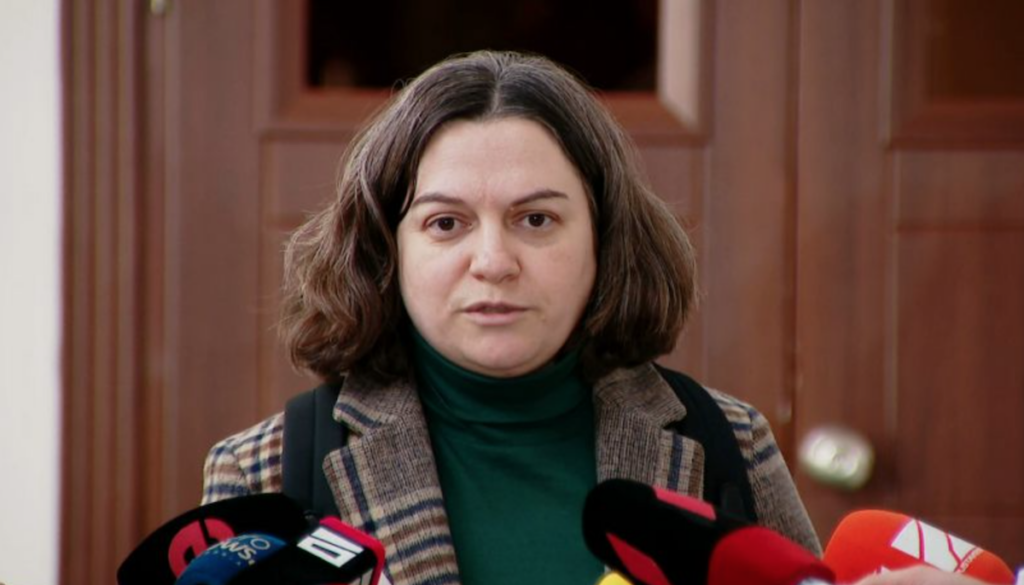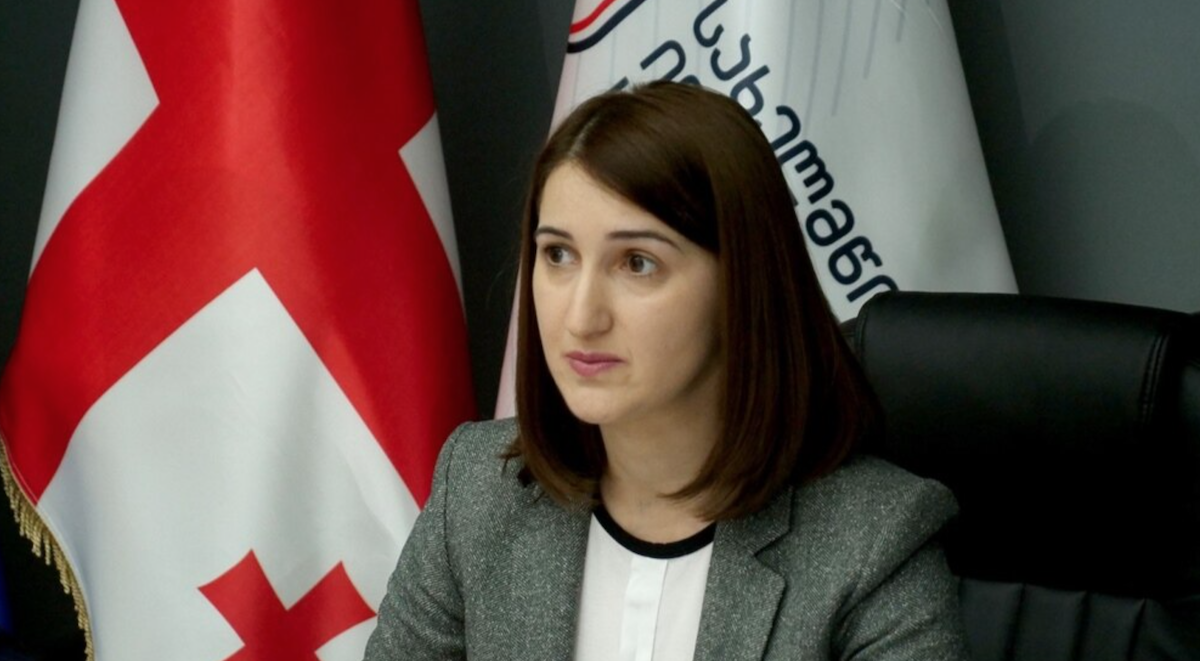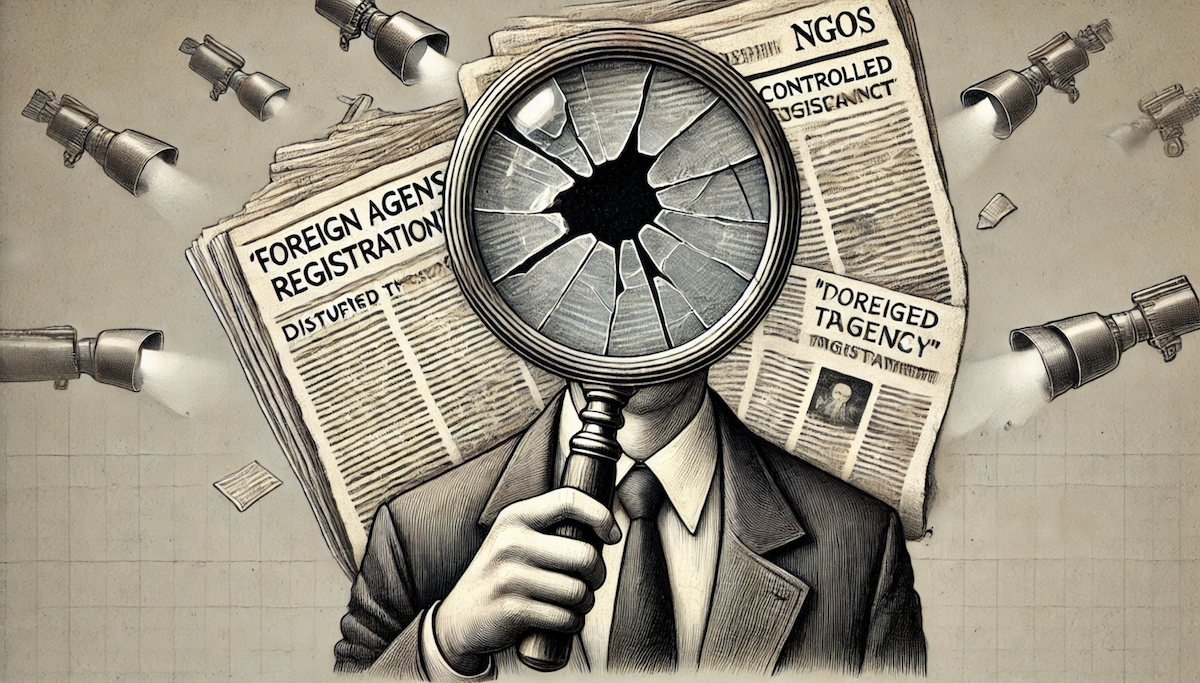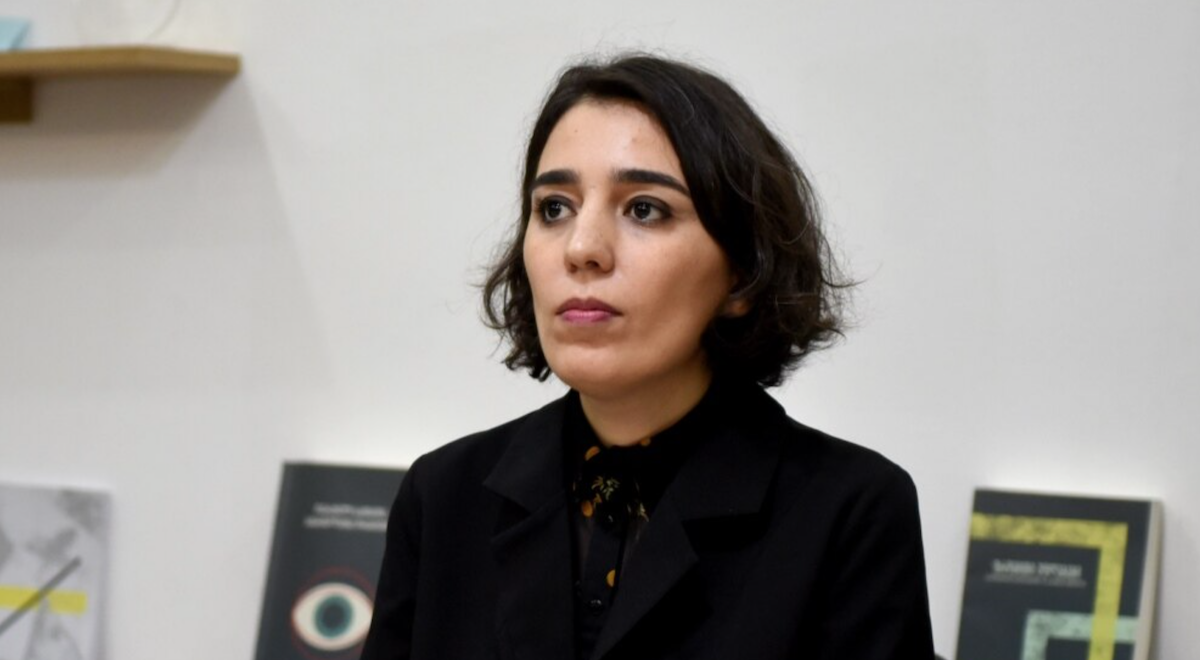“This is an expression of total control” - lawyer comments on Georgia's new restrictive laws
lawyer comments on Georgia’s new restrictive laws
Nona Kurdovanidze, Chair of the Georgian Young Lawyers’ Association (GYLA), has stated that the Anti-Corruption Bureau’s demand for personal data on the beneficiaries of human rights NGOs — under the foreign agents registration law and the Law on Grants — is an expression of total control.
According to Kurdovanidze, there are other laws in place that protect the confidentiality of certain types of information, and this case involves precisely such protected data.
She believes the Georgian authorities are using the new foreign agents law (FARA) as a tool to target independent organisations — which, she says, fundamentally distinguishes it from the original FARA law in the United States.
NGOs report that enforcement of the new law began on 17 June, with human rights defenders already being asked to hand over personal data of the individuals under their protection — including ID numbers, names, surnames, photographs, financial and banking information, and health records.

Nona Kurdovanidze:
“They [the ruling Georgian Dream party] claim that this law is a direct translation of the American FARA. But its implementation in the Georgian context is entirely different from the US. These are not identical laws, because the political context and the purpose of their application differ.
It’s important to remember that in the US, unlike in Georgia, the law is not applied to non-governmental organisations.
From the outset, it was clear that the aim of adopting this law in Georgia was to suppress civil society organisations, individual activists, independent people, and the media.
In addition, amendments were made to Georgia’s Law on Grants, and it is on the basis of those changes that specific organisations are now being asked to provide information. We [at GYLA] haven’t yet received such a request, but sooner or later it will affect us all.
This is an expression of total control. It is completely unlawful, because Georgia has other specific laws that state certain types of information are confidential and cannot be shared with third parties.
For example, if an organisation is providing legal assistance to a particular individual, information about that person cannot be disclosed to anyone. That is a guiding principle for any lawyer.
In my view, the goal of all this is to make people stop trusting human rights organisations and to discourage them from seeking help.
Moreover, it is utterly unthinkable to treat political figures as subjects of special protection and to punish citizens for criticising them. On the contrary, public figures should have understood from the outset that they may be subject to criticism.”
lawyer comments on Georgia’s new restrictive laws





















